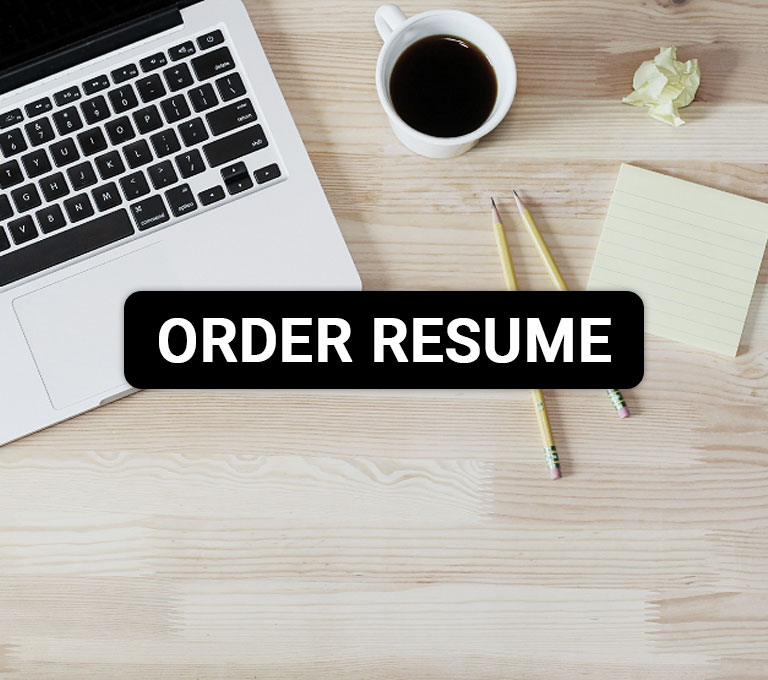
How not to stress at work? What can you do to feel better?
- Useful information
- 26.11.2020
We live very fast today. We want to do as much as possible, we compare ourselves to others, we rest little, we work a lot. A lot of stress is associated with this lifestyle. At some point we can feel its effects really painfully – it is not always motivating. How not to stress at work? What can be done to rest and feel better? We suggest in this article.
The effects of stress at work
Excessive stress that accompanies us every day can make us weak, exhausted, and back pain , head or muscle tension. When we receive such a state, we feel psychologically worse and worse, there are few things that can lighten us up, and more and more often we are accompanied by sadness. This can lead to burnout and even depression.

Long-term stress causes our immunity to decline, and we increasingly catch infections. We feel bad and the level of our work drops significantly. We forget what real rest is, we don’t get enough sleep, we don’t have any energy.
So it’s not surprising that the more stress in our lives, the more we want to get rid of it, truly relax, remove this burden which excessive nervousness may be. How not to stress at work where we spend most of our day?
How not to stress at work?
Very often the reason stress at work is not only a tense atmosphere, fear of superiors, but also too many responsibilities, lack of work organization skills, comparison with others or lack of cooperation. What to do to change it and how not to stress at work? Is it even possible?
-
Real goals
We often set ourselves goals for the work we try to achieve. Unfortunately, it also happens that the goals are completely beyond our reach, unrealistic, and we are constantly stressed that we are so far away from them. We point out to ourselves that we are working too little intensively, that we are not doing what is needed to achieve them. Before we set a goal for ourselves, however, we must really consider whether it is real or whether we are able to reach it. Setting small, short-term goals can help here. Then we don’t look too far into the future and don’t stress the impossible. -
Avoid comparisons
Nowadays we have a great tendency to compare ourselves with others. For example, social media is to blame here. We think that we do a lot, but when we look at our friends’ profiles, it turns out that they always do more, it’s better that everything comes easily to them, and we are really tired of striving, although the results are poor. Unfortunately, the picture from social media is often distorted and we stop believing in ourselves unnecessarily. Let us work at our own pace, let us not look at others, because when we focus too much on them, we may start to feel a strong need to perform activities that are really interesting to us and are unnecessary in our lives. -
Schedule a job
The inability to organize your own work can also be frustrating. We try to do everything, but we always lack time, we forget about something, we set priorities wrong. Because of this, we constantly fail something or we have to spend time off and we do not have time for real rest. Getting organized can be the key to getting rid of stress. Initially, let’s try to plan your workday in the morning – on a piece of paper or in a notebook – and write off the tasks performed. It is also important to prioritize. We should also remember about the margin of error – planning to the minute may not work. Thanks to this, we will remember about everything, be aware of how much work we have to do, which will help us with everything. -
Take breaks
A short break is very important. If we sit at the desk for the entire 8 hours, we will probably work slower and less efficiently than if we ate something in peace from time to time away from the workplace. This helps us to clear our mind and gain new energy. -
Talk
If something stresses you out, for example a conflict with another employee, don’t be afraid to talk about it, tell about your feelings, do not attack, try to explain and calm everything down. You spend a lot of hours at work – arguing is really unnecessary and devastating. -
Learn to say no
If someone keeps asking you for help, even though they know you have a lot of work to do, don’t be afraid to just refuse from time to time. It should be clear that your tasks are your priority. Don’t get taken advantage of.
-
Rest
Always take time to relax after work – take a long bath, watch something, go for a walk, read, do whatever you enjoy. You need to regenerate. Sitting down for tasks shortly after arriving will certainly not make you do a lot more or have a lot of ideas. -
Get enough sleep
Stay awake at night, you need to get enough sleep to function properly and it’s completely natural. The more tired you are, the easier it is to stress and neglect your duties. -
Measure your intentions
Sometimes we set ourselves a lot of tasks – we plan to exercise after work, then go to the pool with the child, and then jump to a language lesson. Obviously, development is needed, but we have to measure our strength against intentions. We may not be able to physically cope with it, and the fact that we do everything in the head – exhaustion and excess responsibilities – can only unnecessarily stress us. -
Clean up
Often it is very helpful not to stress at work, it is simply to clean up the space in which we perform our duties. Clutter on your desk can be the same as a mess in your head, and you certainly don’t need one!
